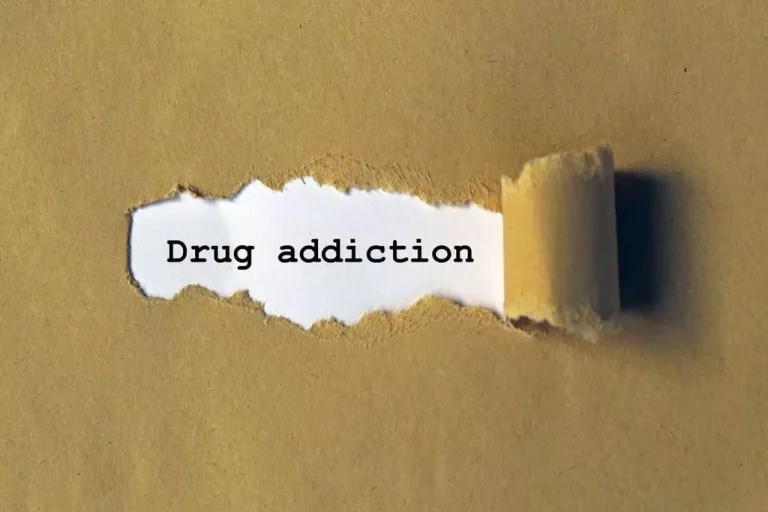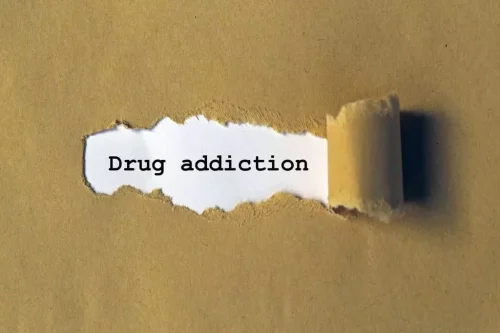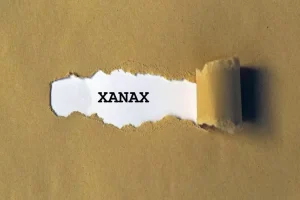
Alcohol withdrawal symptoms can be safely and effectively managed within an inpatient detox environment, such as a detox facility or addiction treatment center. There are several common signs of alcohol withdrawal that can disrupt a person’s sleep and cause physical discomfort after their last drink during the detox process. The central nervous system (CNS) helps to regulate body temperature, blood pressure, and heart function. Alcohol, and alcohol withdrawal, can disrupt normal CNS activity. Sweating is a common side effect of alcohol detoxification and a symptom of alcohol withdrawal syndrome.
Physical Examination
In this case, a standard sports drink can be helpful in replacing electrolyte losses. For example, the Gx Sweat Patch can be worn on your forearm during your workout. After exercising, you can log into the Gatorade Gx app and take a picture of your patch, which allows it to calculate your sweat rate and fluid and sodium loss. The type of sweater you are (your sweat rate) along with the intensity and length of your workout determines the best ways to optimize your hydration needs. Your needs change depending on if you’re a light, moderate or heavy sweater.

Common symptoms
- While occasional night sweats are normal, persistent night sweats can be a symptom of an underlying medical condition or lifestyle factor, such as sweating at night after drinking.
- They may be able to adjust your medications or help you manage excessive sweating.
- When heavy drinkers abruptly stop drinking, their bodies go into shock – craving the depressant effects of alcohol.
- Some people produce sweat that is richer in sodium than others.
- For example, you might be sweaty due to your drinking environment.
Alcohol poisoning is a serious and sometimes deadly result of drinking large amounts of alcohol in a short period of time. Drinking too much too quickly can affect breathing, heart rate, body temperature and gag reflex. Excessive sweating can also be a sign of certain medical conditions, a mental health issue such as anxiety, and severe alcohol withdrawal syndrome. But when symptoms are a problem, a healthcare provider can prescribe hormone-based and nonhormonal medications that may help with hot flashes. Additional contributors that can cause you to experience night sweats include the use of certain prescription drugs, low blood sugar, and other alcohol withdrawal symptoms. Severe symptoms like excessive sweating usually peak around hours after the last drink but can persist for weeks as part of post-acute withdrawal.
Alcohol and Profuse Sweating

The first step in cutting back or quitting alcohol is to set clear goals and make a plan. This might involve setting limits on the amount and frequency of alcohol you consume, or it could mean committing to abstaining from alcohol altogether. Whatever your goals, it’s important to be specific and measurable. For example, instead of saying “I want to drink less,” you might set a goal to only have one drink per day, or to go alcohol-free for a month. Night sweats are one of the many signals that we’re drinking too much. If we heed the warning signs early on, we can prevent this issue from persisting or leading to other health challenges.
- Ever notice how your face flushes and your pits perspire when you throw back a little too much booze?
- But if you can’t part with your sweat-inducing foods, try reducing the portion size, which may help to lessen sweating, Sauceda says.
- With comprehensive treatment, you can break alcohol’s grip – freeing yourself from its damaging physical and psychological effects.
- A spike in insulin levels causes hypoglycemia or low blood sugar and this is usually accompanied by sweating.
- Each of these conditions can affect how nerves transmit messages to each other.
Alcohol Withdrawal
Trying to detox alone puts the individual at risk of dangerous dehydration, seizures, and even death. Comprehensive alcohol detox programs provide drinking and sweating a safe, medically-managed environment to stabilize and treat alcohol withdrawal symptoms like sweating, shakes, and anxiety. Many people who have hyperhidrosis feel embarrassed when they sweat or they might avoid being around other people. If this condition affects your mental health, reach out to a healthcare provider to help you manage your symptoms and a mental health professional to help you manage how you feel about your body. People who drink heavily or regularly may have night sweats several hours or days after consuming alcohol.
- If you have generalized hyperhidrosis, managing or treating any underlying health conditions can help.
- This article discusses alcohol withdrawal, its symptoms, and potential complications.
- Have you ever woken up in the middle of the night in a pool of sweat?
- If you have night sweats along with some of the following symptoms, it could be a sign that you’re going through alcohol withdrawal.
The apocrine sweat glands located primarily in the armpits and around the anus serve no regulatory purpose. That’s because animal protein can take more energy to digest than other foods, which could contribute to sweating, Sauceda says. Still, you would have to munch on a significant amount of meat to feel this effect, she adds. Another possible theory is that when you eat excessively salty foods, your body may try to get rid of the extra salt through sweating.

Our team can help you determine if your addiction treatment at Evoke Wellness could be at little to no-cost to you. Complete the form below and we will complete your insurance verification and get back with you shortly. Plus, we’re always introducing new features to optimize your in-app experience. We recently launched our in-app chatbot, Melody, powered by the world’s most powerful AI technology. Melody is here to help as you adjust to a life with less (or no) alcohol. You’ll meet millions of fellow Reframers in our 24/7 Forum chat and daily Zoom check-in meetings.
Leave a Reply